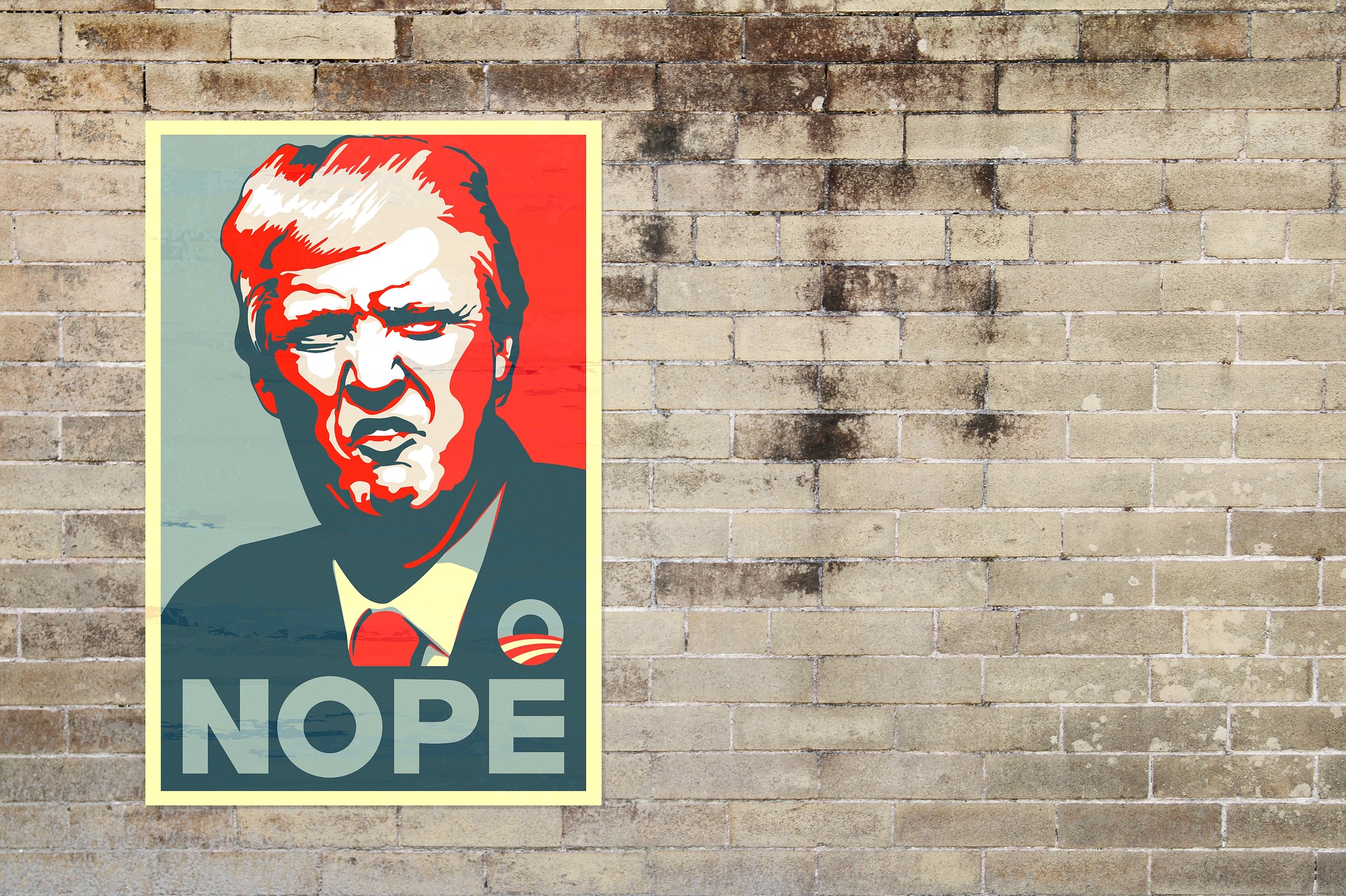An internal government document that has been circulating the White House, has revealed plans of the U.S. government to expand the so called “Muslim” Travel Ban, by including additional countries. The current ban as it stands includes restrictions on travel from five Muslim majority countries: Iran, Libya, Somalia, Syria and Yemen. Venezuela and North Korea are also included on the list.
This potential expansion comes amidst the election-year, where Donald Trump has chosen to focus on immigration issues. This would follow the similar trajectory of his 2016 campaign, where he promised to crack down on illegal immigration and on migrants seeking asylum in the US, particularly from Muslim nations.
The countries that would be affected are blacked out, but the Guardian suggests it could be the same nations that were included in the first iteration of the ban, which were later removed when the ban was legally contested and went to the Supreme Court. These countries include Iraq, Sudan, and Chad.
The leaked document has caused a reaction within the election cycle, with Democratic Presidential Candidate Elizabeth Warren taking the opportunity to outline the different approach she would take to Muslim communities and families:
Donald Trump is seemingly doubling down on his bigotry and xenophobia. Let’s be clear: I’ll reverse the Muslim Ban on my first day in office, and I won’t stop fighting against policies that scapegoat and hurt Muslim communities and families. https://t.co/3zKanMq6C1
— Elizabeth Warren (@ewarren) January 10, 2020
Fellow Democratic Candidate Bernie Sanders also made reference to solidarity with the Muslim community on this:
We must stand shoulder to shoulder with the Muslim community. Trump's travel ban has never been about keeping America safe—just look at the president's own word. It has always been a racist attempt to ban Muslims from entering the United States, which cannot be allowed to stand. https://t.co/gBcJEEKccT
— Bernie Sanders (@SenSanders) January 11, 2020
It also led to renewed opposition to the travel ban restrictions in general, with another Democratic Senator Kamala Harris calling both iterations of the ban ‘xenophobic’. Congresswomen Ilhan Omar repeated calls to repeal the ban, stating that “Refugees fleeing war, persecution, and the effects of climate change depend on it”.
However, while the leading Democratic presidential candidates have denounced the ban, Rozina Ali, writing in The American Prospect, notes that none of the three debates with the candidates have included the question about the travel ban specifically, nor did the candidates speak about it beyond a mention of it being “heinous” and racist. Ali argues that in not giving it air time, it allows the Trump Administration and the Republican Party to continue to frame the issue as a national security measure, the basis upon which the Supreme Court decided to ultimately uphold the ban, as well as being as the same arguments brought up by Republican congressmen and representatives from the Department of Homeland Security and the State Department in a recent meeting. She argues that the war on terrorism being linked to an “Islamic threat”, and thereby Muslims in the United States being viewed through the narrow lens of national security, is a theme that has run through American politics for the past two decades, by both Republicans and Democrats.
Abed Ayoub, Legal and Policy Director of American-Arab Discrimination Committee, offers practical advice on a twitter thread in light of the possible news. While he stresses that there is nothing official from the Trump Administration, and that there is a possibility these reports are inaccurate, he understands that concerns are “warranted,” and taking precautions therefore understandable. Precautions that could be taken are, for example, international students outside of the U.S. travelling back to the country, and making sure that if travelling back to the United States, that an itinerary and copy of the passport or information is given to family or friends in the country. Since as it stands, there is no new language introduced, he states that on the “legal front there is not much to dissect or interpret”, while also confirming the plausibility of the addition of these new countries.
Sources
https://www.buzzfeednews.com/article/hamedaleaziz/trump-preparing-expand-travel-ban-muslim-immigration






